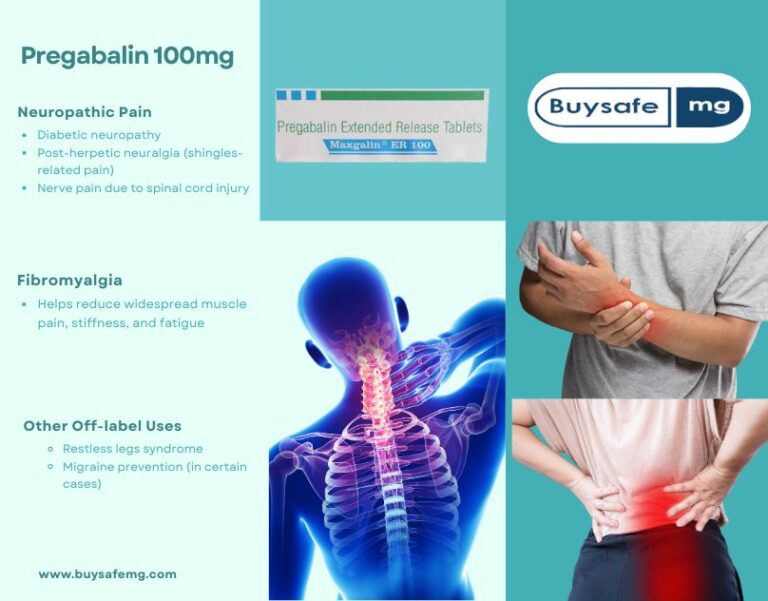Most people associate eyelid surgery in Riyadh with cosmetic goals—smoother lids, reduced puffiness, and a refreshed appearance. But what many don’t realize is that blepharoplasty isn’t always about looks. In fact, for a growing number of patients, eyelid surgery offers real medical benefits, especially when sagging skin interferes with vision, eye function, or daily life.
If you’ve been considering eyelid surgery, this article will help you understand when the procedure is aesthetic—and when it becomes a functional necessity.
Understanding the Two Sides of Eyelid Surgery:
While the surgical technique may be similar in both cases, the purpose and benefits differ between cosmetic and medical procedures.
Cosmetic eyelid surgery aims to:
- Reduce excess skin or fat for a younger appearance
- Eliminate under-eye bags or puffiness
- Tighten droopy upper or lower eyelids
- Balance asymmetrical eyes for better facial harmony
Medical eyelid surgery is performed to:
- Improve vision obstructed by sagging skin
- Relieve tension or fatigue in the brow and forehead muscles
- Correct eyelid dysfunction, such as ptosis
- Prevent eye irritation or discomfort from in-turned or out-turned lids
In some cases, one procedure achieves both goals—aesthetic enhancement and medical correction.
When Drooping Eyelids Affect Vision:
One of the most common medical indications for eyelid surgery is visual obstruction. Over time, skin on the upper eyelids may droop so far that it starts to block your peripheral vision, making everyday tasks more difficult.
Signs your vision may be affected:
- Difficulty seeing when driving, especially side mirrors
- Trouble reading without tilting your head back
- Feeling like you have a “heavy” brow or tired eyes
- Noticing that your eyes feel strained by the end of the day
This is not just a cosmetic concern—it’s a functional impairment that can compromise safety and productivity.
Medical Conditions That Require Eyelid Correction:
There are several eye-related medical issues that may require surgical correction.
Common conditions include:
- Ptosis: A condition where the upper eyelid droops due to weak muscles or nerve issues
- Ectropion: Outward turning of the eyelid, which can cause dry eyes or irritation
- Entropion: Inward turning of the eyelid, causing lashes to rub against the eye surface
- Dermatochalasis: Excess eyelid skin that can hang over the lashes and affect sight
For these conditions, eyelid surgery is more than just a visual improvement—it’s a medical necessity.
Insurance and Medical Coverage: What to Know:
If eyelid surgery is performed for functional or medical reasons, it may be partially or fully covered by insurance or national healthcare systems. However, a medical diagnosis must support the claim.
You may need:
- A referral from an ophthalmologist
- Visual field testing to prove peripheral vision loss
- Photographic evidence showing the eyelid obstruction
- A documented history of symptoms or eye-related discomfort
This is why it’s important to consult a qualified surgeon who understands both cosmetic and medical protocols.
Cosmetic Benefits That Come with Medical Surgery:
Interestingly, many patients who undergo eyelid surgery for functional reasons also enjoy cosmetic improvements as a side benefit.
Common unexpected perks include:
- Looking more rested and alert
- Reduction in forehead wrinkles from relaxed brow muscles
- Improved symmetry between the eyes
- Boost in self-esteem and confidence
So, even when your primary concern is vision, the outcome can also enhance your appearance naturally and subtly.
Who’s an Ideal Candidate for Medically Necessary Eyelid Surgery:
While many associate cosmetic procedures with a certain age group, medical eyelid concerns can affect a much broader range of patients.
Good candidates typically:
- Experience daily discomfort or vision problems
- Have a medical diagnosis from an eye doctor
- Are in overall good health for surgery
- Prefer a long-term solution to functional issues
You don’t need to wait until it becomes unbearable. Early intervention can preserve both comfort and quality of life.
Choosing the Right Surgeon Matters:
Whether you’re seeking a cosmetic upgrade or relief from a medical condition, your results heavily depend on the surgeon’s skill and experience.
Look for a specialist who:
- Is board-certified in oculoplastic or facial plastic surgery
- Has experience with both aesthetic and functional eyelid corrections
- Offers honest, tailored assessments of your needs
- Understands local insurance or coverage systems in Riyadh
A great surgeon will not push for a procedure unless it genuinely benefits your health or appearance.
Final Thoughts:
While the popularity of eyelid surgery in Riyadh continues to rise for aesthetic reasons, it’s important to recognize its medical value. For many, blepharoplasty offers far more than younger-looking eyes—it restores vision, relieves discomfort, and even improves quality of life.
If you’re unsure whether your eyelid concerns are purely cosmetic or medically necessary, book a consultation with a qualified expert. They’ll help you determine the right course of action—whether that’s surgery, non-invasive treatments, or simply reassurance.



